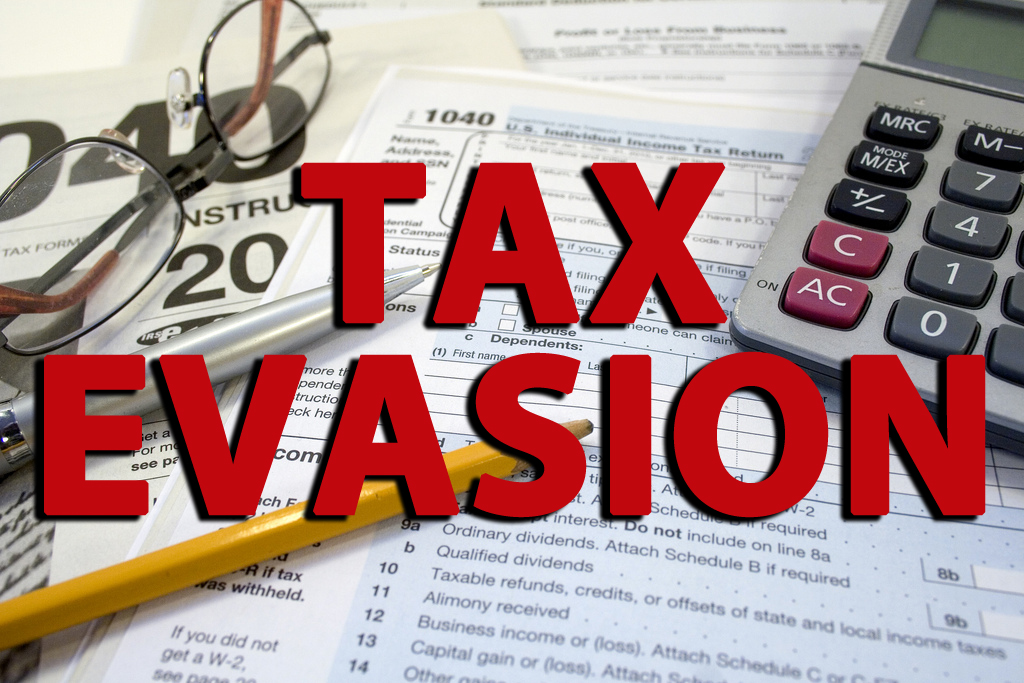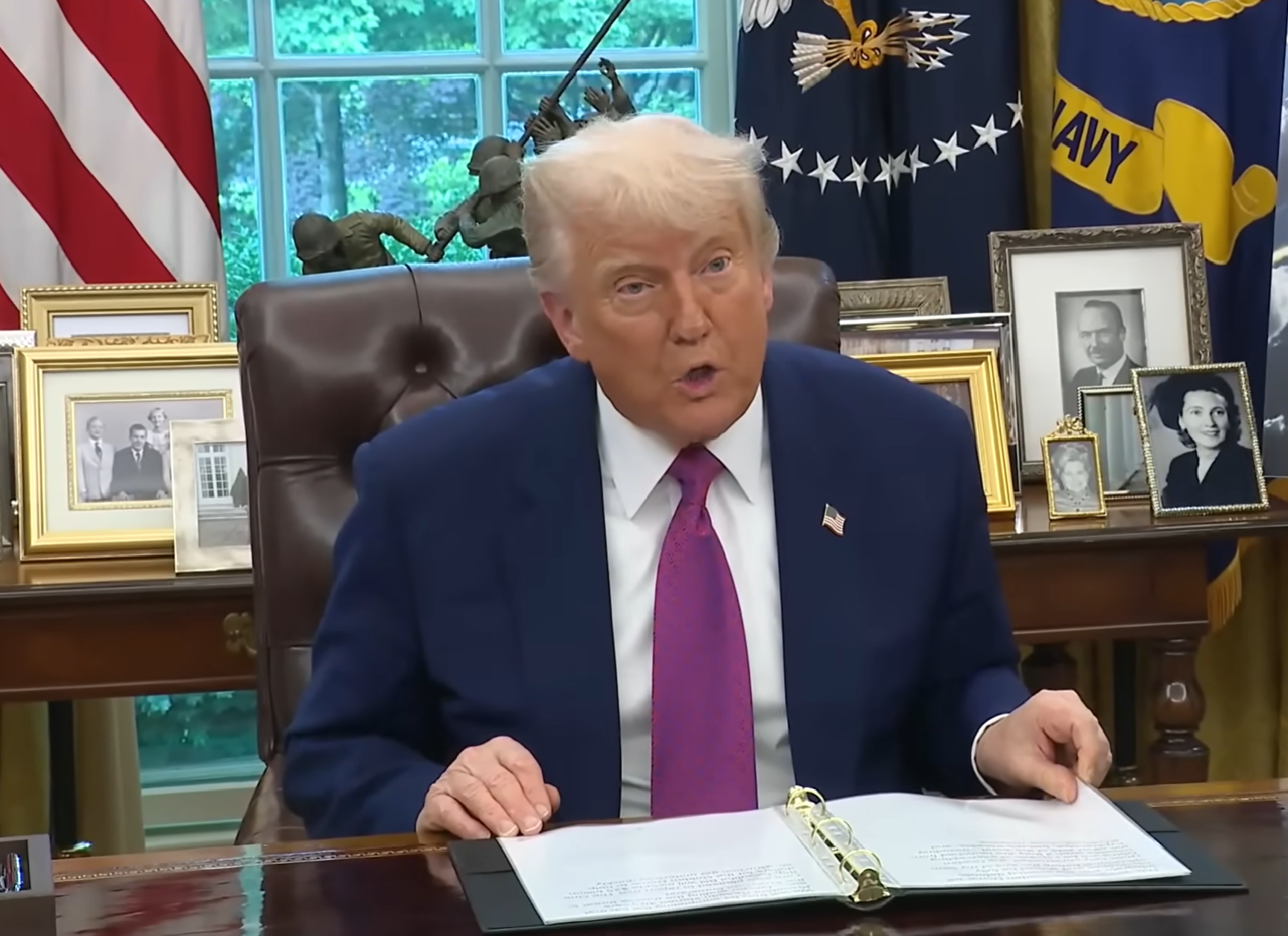A U.S. citizen residing in the Principality of Monaco has pleaded guilty to tax evasion for concealing from the IRS over $5,130,000 in income derived from a real estate transaction and securities investments in offshore bank accounts.
According to court documents and statements made in court, Stephen L. Schechter was a licensed U.S. investment banker, U.K. corporate finance advisor and owner and operator of a U.S.-based financial investment advisory firm.
In 2002, Schechter formed an entity called Charles Penn Longview (CPL) in the British Virgin Islands. In June 2004, Schechter opened a Swiss bank account in the name of CPL at what ultimately became known as Piguet Galland & Cie SA. In doing so, he and his bank relationship manager concealed Schechter’s U.S.-citizenship status in bank documents. Until it was closed around January 2013, the account generated interest and dividends that Schechter never reported to the IRS as income.
In June 2011, Schechter sold a Monaco apartment for approximately €14,000,000, which he deposited into his CPL account at Piguet. He subsequently used the sale proceeds to purchase $8,856,691 in various securities, on which he earned interest, dividends and capital gains. Schechter never disclosed the income from the sale of the Monaco apartment or the securities bought from sale proceeds to his tax return preparer. Schechter knew that, as a U.S. citizen, he was obligated to report and pay taxes on his income, even if he earned it abroad and lived outside the United States.
Schechter later opened another CPL bank account at UBS Monaco SA, closed his account at Piguet, and transferred the balance of approximately $10.2 million into the new UBS Monaco account, further earning undisclosed interest and dividends until 2017.
U.S. citizens and permanent residents are required annually to file a FinCEN Form 114 – Report of Foreign Bank and Financial Accounts (FBAR) – if the combined balance of all foreign accounts they own, have a financial interest in or signature authority over is more than $10,000 at any point during that calendar year. However, Schechter did not file FBARs reporting his Piguet or UBS Monaco accounts.
Schechter is scheduled to be sentenced on March 1, 2024, and faces a maximum penalty of five years in prison for tax evasion. He also faces a period of supervised release, restitution and monetary penalties. A federal district court judge will determine any sentence after considering the U.S. Sentencing Guidelines and other statutory factors.
Acting Deputy Assistant Attorney General Stuart M. Goldberg of the Justice Department’s Tax Division and U.S. Attorney Matthew M. Graves for the District of Columbia made the announcement.
IRS-Criminal Investigation is investigating the case.
Thanks for reading CPA Practice Advisor!
Subscribe Already registered? Log In
Need more information? Read the FAQs
Tags: Taxes




